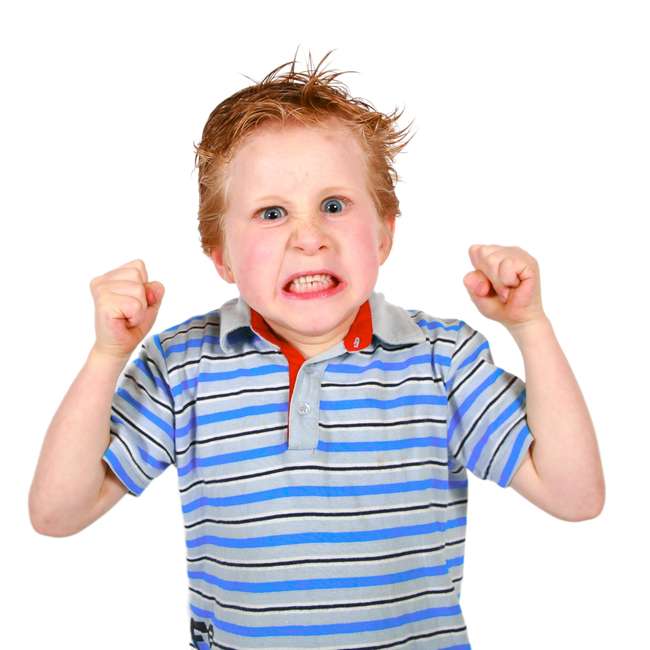Parents with social anxiety disorder They are more likely than parents with other forms of anxiety to engage in their children's behaviors and place them at greater risk of developing social phobia, according to a study conducted at the Johns Hopkins Children's Center.
Parental anxiety has always been linked to children's anxiety, but it was not clear whether People with certain anxiety disorders provoke or encourage anxiety-provoking behaviors in their children. This new study confirms the latter.

Specifically, researchers at the Johns Hopkins Children's Center identified a set of behaviors in parents with social anxiety disorder (the most common type of anxiety). These behaviors include lack or insufficiency of affection and high levels of criticism and doubts formulated against the child. Such behaviors, according to the researchers, are well known for increasing anxiety in children and can lead to children developing full-blown anxiety disorder, the researchers say.
«Parents' social anxiety should be considered a risk factor for childhood anxiety, and physicians caring for parents with this disorder should discuss this risk with their patients. "said one of the researchers.
Anxiety is the result of a complex interaction between genes and the environmentsay the researchers, and although there is not much to do in the field of genetics, controlling external factors may be key to mitigating or preventing anxiety in the children of anxious parents.
“Children with an inherited propensity for anxiety don't just become anxious because of their genes, so what we need are ways to block environmental factors (in this case, the behaviors of the parents) »said one of the researchers.
Researchers analyzed the interactions between 66 anxious parents and their 66 children (between 7 and 12 years old). Among the parents, 21 had previously been diagnosed with social anxiety, and 45 had been diagnosed with another anxiety disorder, including generalized anxiety disorder, panic disorder, and obsessive-compulsive disorder.
The parent-child pairs were asked to work together on two tasks: prepare speeches about themselves and replicate increasingly complex designs using a recording device TeleSketch. Participants were given 5 minutes for each task and worked in camera-monitored rooms.
Using a scale of 1 to 5, the researchers rated the affection or criticism towards the child, the expression of doubts about their performance, their ability to complete the task, the granting of autonomy and parental authority over control.
Parents diagnosed with social anxiety They showed less affection and affection towards their children, were more critical of them, and had more doubts about the child's ability to perform the task.
Preventing anxiety in childhood is essential because anxiety disorders affect 1 in 5 children in the United States, but often go unnoticed, researchers say. Delays in diagnosis and treatment can lead to substance abuse, depression, and poor academic performance during childhood and into adulthood.
Parents diagnosed with social anxiety showed less affection and affection towards their children, criticized them much more and had more doubts about the child's ability to perform the task.